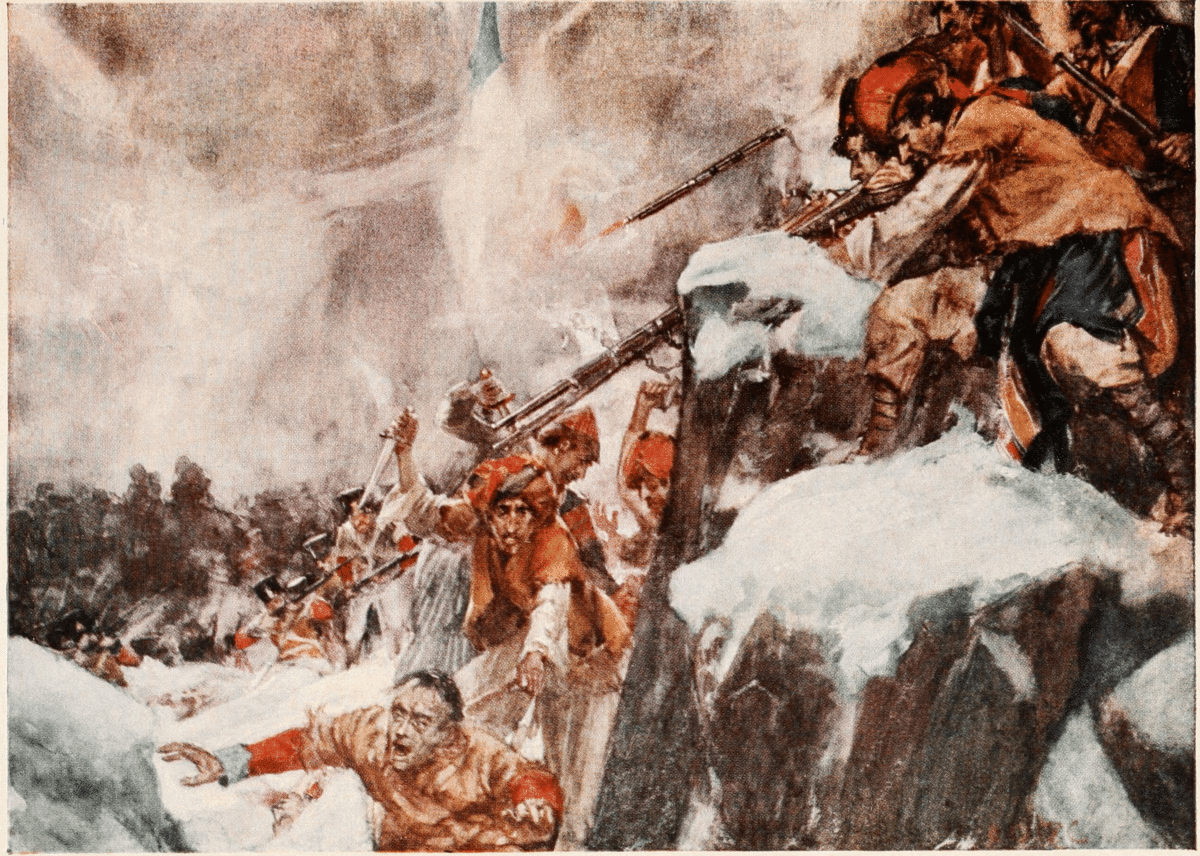
1842 retreat from Kabul
Kabul - Jalalabad Road, Kabul,An uprising in Kabul forced the then commander, Major-General William Elphinstone, to fall back to the British garrison at Jalalabad. As the army and its numerous dependents and camp followers began its march, it came under attack from Afghan tribesmen. Many of the column died of exposure, frostbite or starvation, or were killed during the fighting.
An uprising in Kabul forced Maj. Gen. Elphinstone to withdraw. To this end he negotiated an agreement with Wazir Akbar Khan, one of the sons of Dost Mohammad Barakzai, by which his army was to fall back to the Jalalabad garrison, more than 140 kilometres away. The Afghans launched numerous attacks against the column as it made slow progress through the winter snows along the route that is now the Kabul–Jalalabad Road. In total the British army lost 4,500 troops, along with about 12,000 civilians: the latter comprising both the families of Indian and British soldiers, plus workmen, servants and other Indian camp followers. The final stand was made just outside a village called Gandamak on 13 January.
